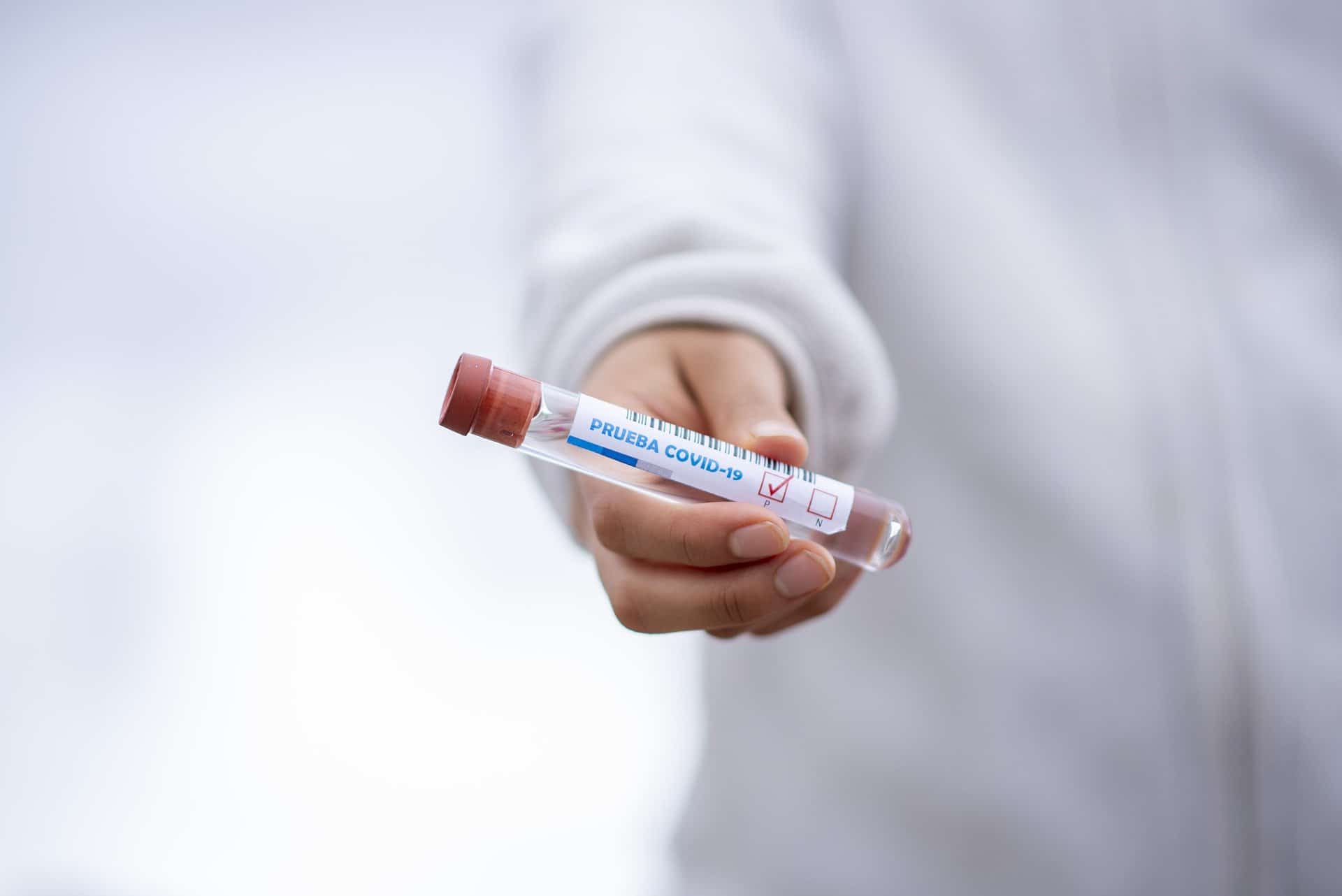Pfizer and BioNTech said Wednesday a completed analysis of their experimental Covid-19 vaccine found it protected 95 percent of people against the disease and announced they were applying for US emergency approval “within days.”
The US pharmaceutical company and its German partner brought further hope to a world upended by the coronavirus pandemic with the announcement, which follows one last week when they said a preliminary analysis showed the product was 90 percent effective.
Adding to the encouraging data was that the efficacy was found to be consistent across all age-groups — a primary concern for a disease that hits the elderly the hardest — as well as genders and ethnicities.
“The study results mark an important step in this historic eight-month journey to bring forward a vaccine capable of helping to end this devastating pandemic,” said Pfizer CEO Albert Bourla.
“With hundreds of thousands of people around the globe infected every day, we urgently need to get a safe and effective vaccine to the world,” he added.
Wednesday’s news came after 170 people fell sick in an ongoing clinical trial of almost 44,000 people — 162 of whom were in a placebo group and eight of whom received the two-dose medicine.
Out of the 170 patients who became sick, 10 developed severe Covid-19 — nine in the placebo group and one in the vaccine group.
The new data showed the vaccine was generally well tolerated, with most side-effects short-lived and either mild or moderate.
About four percent experienced severe fatigue and two percent got severe headaches after their second dose.
Older patients had fewer and milder side-effects.
The preliminary analysis announced last week had been based on data from 94 sick people, and the companies say the additional patients have now given them a more complete picture.
The ongoing late-stage trial is taking place at 150 global sites in the US, Germany, Turkey, South Africa, Brazil and Argentina.
The trial will continue for another two years to find out how long immunity lasts and whether there are longer term safety issues.
If the FDA issues an emergency use authorization, the vaccine could start reaching the first Americans — frontline workers, the elderly and other high-risk people — in the first half of December.
The US has said it expects it to be available to the general population by April.
Pfizer and BioNTech said they expect to produce 50 million doses this year and 1.3 billion by the end of 2021.
Vaccine uses messenger RNA
On Monday, US biotech firm Moderna said the two-dose vaccine it developed with the US National Institutes of Health (NIH) was 94.5 percent effective, according to a preliminary analysis.
Both vaccines use mRNA (messenger ribonucleic acid) technology to deliver genetic material to the body that makes human cells create a protein from the virus.
This trains the immune system to be ready to attack if it encounters SARS-CoV-2.
No mRNA vaccines have ever been approved, but Anthony Fauci, the scientist who led the NIH effort, told AFP Tuesday the technology had now “established itself.”
But there are also important differences between the two.
For one, the Pfizer vaccine needs to be stored at -70 degrees Celsius (- 94 degrees Fahrenheit) while the Moderna vaccine only needs -20 degrees Celsius (-4 Fahrenheit), more akin to a regular freezer.
This has to do with having different formulations of “lipid nanoparticles” used to deliver the mRNA molecule.
The deep-freezer conditions needed for the Pfizer-BioNTech vaccine have raised concerns, which the companies tried to address Wednesday.
They said they had developed “specially designed, temperature-controlled thermal shippers utilizing dry ice to maintain temperature conditions” which can be used for up to 15 days by refilling with dry case.
Each container would have a GPS thermal sensor to track location and temperature as it makes its way across the world.
On the other hand, the Pfizer-BioNTech doses are much smaller — 30 micrograms to Moderna-NIH’s 100 micrograms — probably lowering production costs per dose.
Costa Rica has agreement with Pfizer
Costa Rica has already signed an agreement for 3 million doses (enough for 1.5 million people) of the Pfizer and BioNTech vaccine.
Deliveries of the vaccine to Costa Rica would begin in the first quarter of 2021, subject to clinical success and local regulatory approval.
In addition to the Pfizer/BioNTech efforts, Costa Rica is part of the COVAX Facility, an effort supported by the World Health Organization to distribute eventual vaccines worldwide. COVAX promises “vaccines delivered as soon as they are available” and would provide doses to cover at least 20% of Costa Rica’s population (about 1 million people).
While Costa Rica has not detailed a vaccination strategy, it has suggested that vulnerable populations and essential workers may receive first doses.






